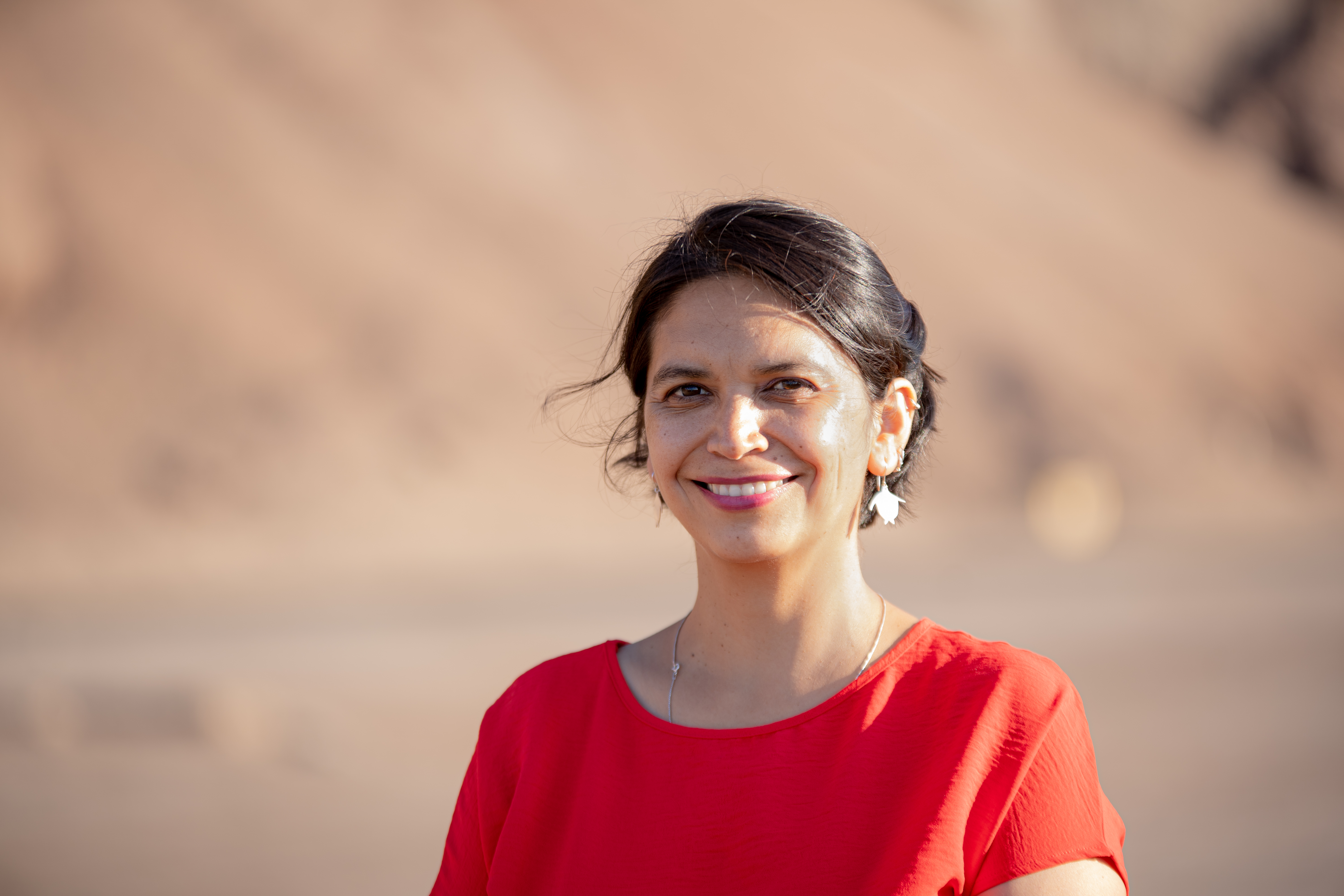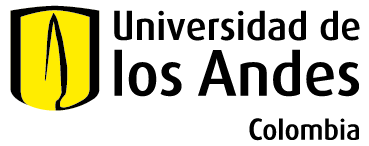Day 1 - July 27
Gonzalo Moratorio
URUGUAY
Ph.D. in Biological Sciences with emphasis on cellular and molecular biology, with a post-doctorate in molecular virology. He is interested in the experimental evolution of RNA viruses and creative vaccines. Director of the Laboratory of Experimental Evolution of Viruses of the Pasteur Institute of Montevideo associated with the Pasteur Institute of Paris. Professor in the Sciences Faculty of the University of the Republic in Uruguay. Leader in the development of COVID-19 diagnostic kits together with his working group. These kits are based on the qPCR methodology, in which a single reaction tube contains the internal controls, the test controls, a solution that accelerates the result and allows the detection of SARS-CoV2. The aim of this innovation was to implement a network of public diagnostic laboratories in Uruguay. Gonzalo Moratorio was recognized for this development as one of the ten most important scientists of 2020 by the journal Nature.
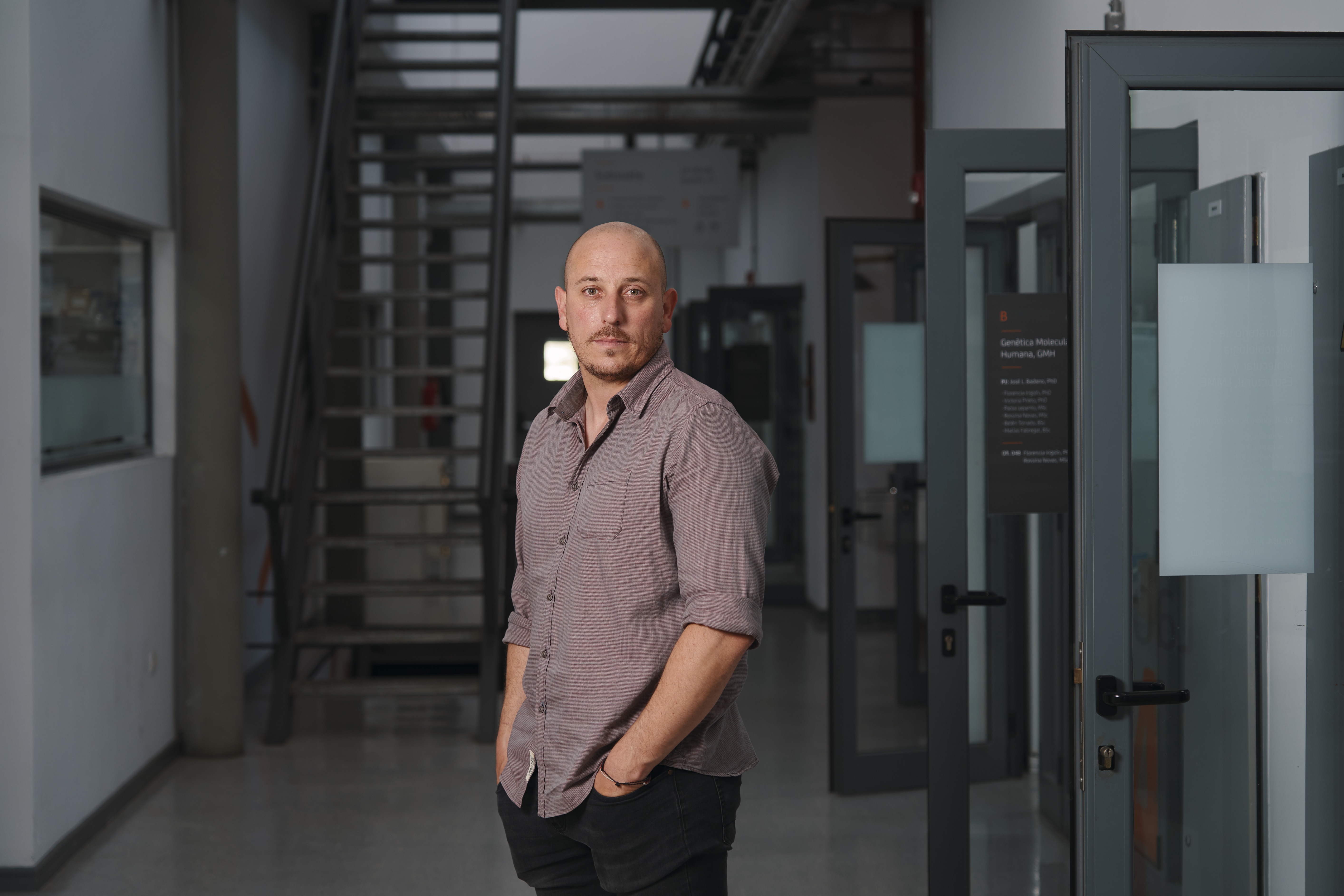
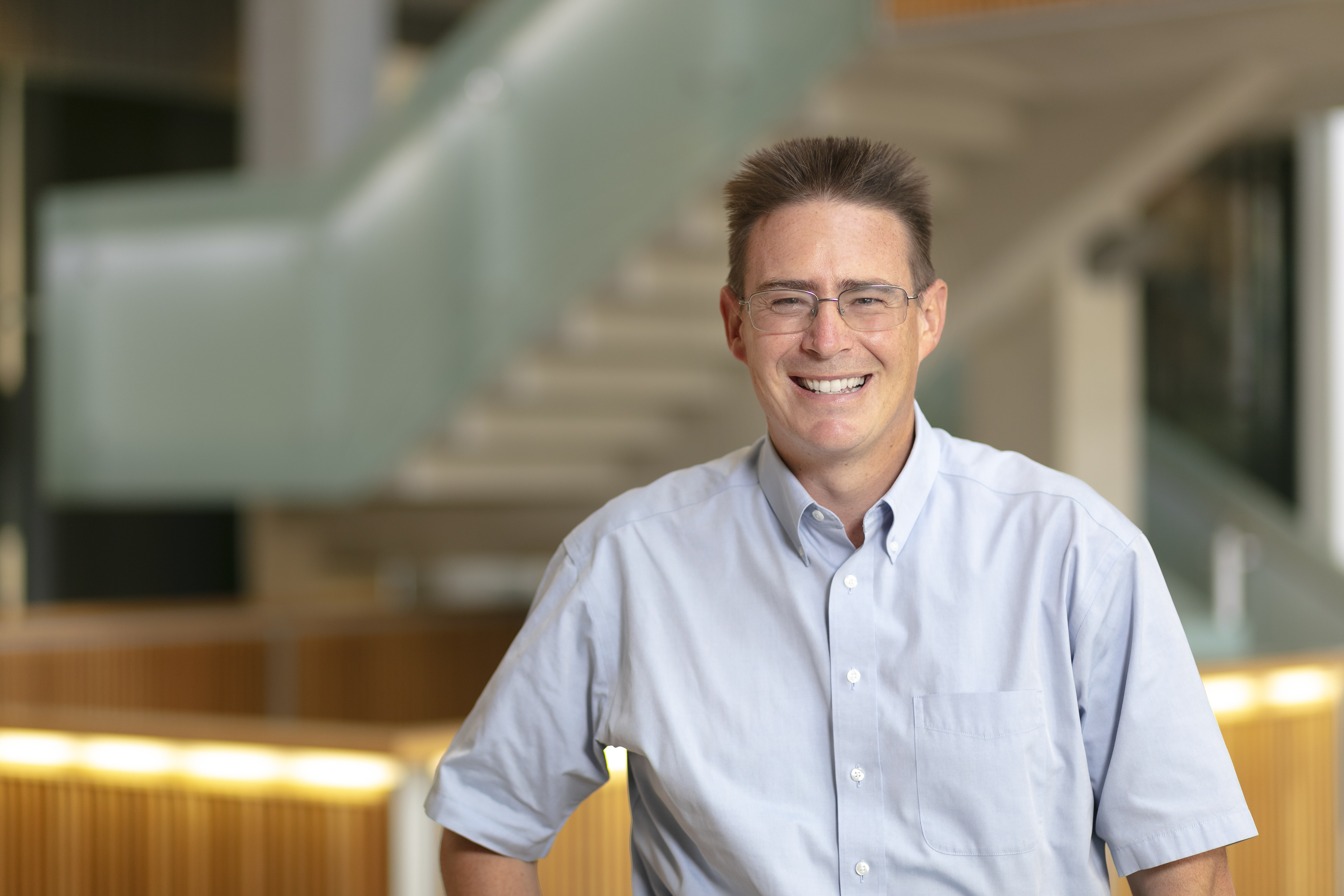
Rob Knight
USA
He is the leader of the Knight lab. Professor at the University of California - San Diego in the Pediatrics Department and Computer Science and Engineering. Founding Director of the Center for Innovation in Microbiomes at the Jacobs School of Engineering, the School of Medicine, and the Division of Biological Sciences at the same University. He has received awards from the NIH, as well as the Vilceck Award and the Massry Award for his research in microbiomes. He is the author of several books including Follow Your Gut: The Enormous Impact of Tiny Microbes (Simon & Schuster, 2015). Together with his research group, he has developed computational and experimental techniques to resolve concerns about the evolution of microbial communities. He is recognized for the development of the bioinformatics platform QIIME (quantitative insights into microbial ecology) together with his research group. Together with Catherine Lozupone, he developed Unifrac, a β-diversity distance metric that allows researchers to answer questions about the composition and evolution of microbial communities. He is a co-founder of the Earth Microbiome Project, American Gut Project, and the company Biota Inc.
He is the leader of the Knight lab. Professor at the University of California - San Diego in the Pediatrics Department and Computer Science and Engineering. Founding Director of the Center for Innovation in Microbiomes at the Jacobs School of Engineering, the School of Medicine, and the Division of Biological Sciences at the same University. He has received awards from the NIH, as well as the Vilceck Award and the Massry Award for his research in microbiomes. He is the author of several books including Follow Your Gut: The Enormous Impact of Tiny Microbes (Simon & Schuster, 2015). Together with his research group, he has developed computational and experimental techniques to resolve concerns about the evolution of microbial communities. He is recognized for the development of the bioinformatics platform QIIME (quantitative insights into microbial ecology) together with his research group. Together with Catherine Lozupone, he developed Unifrac, a β-diversity distance metric that allows researchers to answer questions about the composition and evolution of microbial communities. He is a co-founder of the Earth Microbiome Project, American Gut Project, and the company Biota Inc.
Day 2 - July 28
Ruth Ley
GERMANY
Ph.D. in environmental, population and organismic biology from the University of Colorado, Boulder - USA She has a post-doctorate in molecular, cellular, and developmental biology, as well as the human microbiome. Director of the Department of Microbiome Sciences at the Max Planck Institute for Developmental Biology focused on the human microbiome. Since last year (2020) she has been part of the scientific council of the Pasteur Institute. She has been a professor at Washington University and Cornell University. Awarded by the NIH, the ISME, the David and Lucile Packard Foundation, for her innovative work; other awards she has received include the Beckman Award, the Otto Bayer Award, and the Ernest Jung Award. She is part of the editorial committee of various international scientific journals. Her research is focused on three aspects: the evaluation of the human intestinal microbiome and the interaction with host genetics; the role of lipids in symbiosis with the host microbiome; and finally, innate immune interactions with the microbiota.
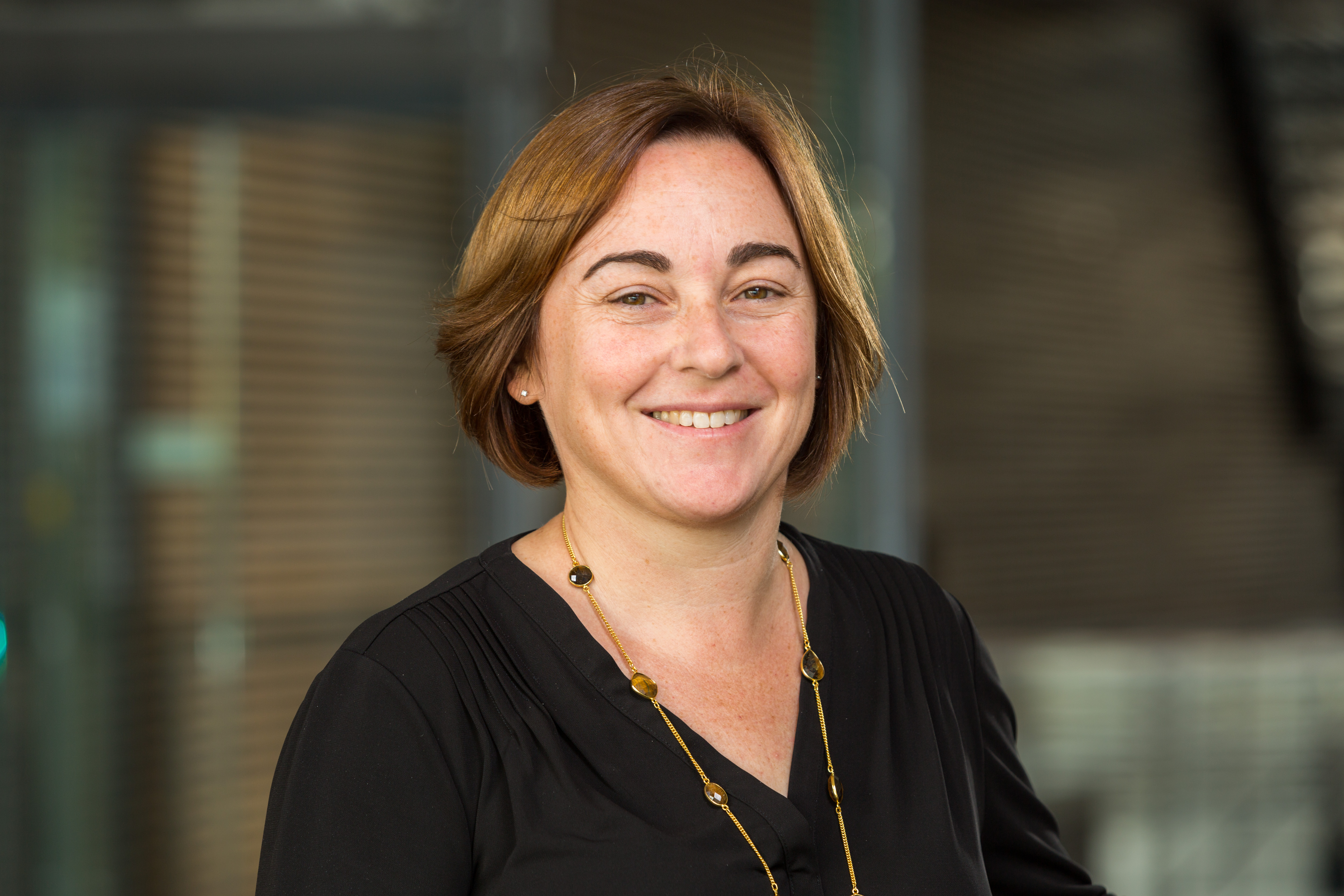
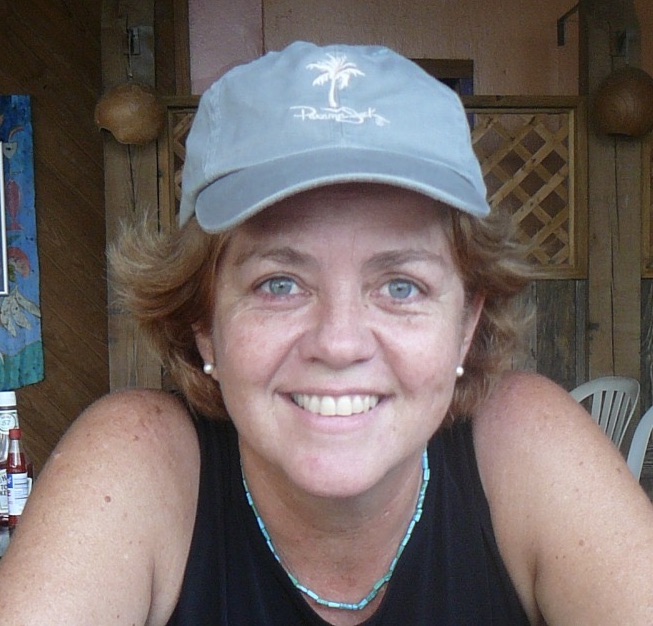
María Domínguez-Bello
VENEZUELA – USA
Biologist from the Simón Bolívar University of Venezuela. She holds a Ph.D. in Microbiology from the University of Aberdeen. Professor of Microbiomes and Health in the Department of Biochemistry and Microbiology in the School of Biological and Environmental Sciences at Rutgers University. Director of the Institute for Food, Nutrition, and Health in New Jersey. Her interest is the study of the human microbiome, with two focuses. The first one encompasses the development of the microbiome from birth, the decrease in the transmission of the microbiome due to the influence of some practices, and the strategies for its restoration. The second one is directed towards urban studies of microbial ecology, where anthropology and architecture exert a great influence.
Biologist from the Simón Bolívar University of Venezuela. She holds a Ph.D. in Microbiology from the University of Aberdeen. Professor of Microbiomes and Health in the Department of Biochemistry and Microbiology in the School of Biological and Environmental Sciences at Rutgers University. Director of the Institute for Food, Nutrition, and Health in New Jersey. Her interest is the study of the human microbiome, with two focuses. The first one encompasses the development of the microbiome from birth, the decrease in the transmission of the microbiome due to the influence of some practices, and the strategies for its restoration. The second one is directed towards urban studies of microbial ecology, where anthropology and architecture exert a great influence.
Day 3 - July 29
Fernando Andreote
BRAZIL
Agricultural engineer. Ph.D. in genetics and plant breeding from the University of São Paulo. Professor at the Luiz de Queiroz Higher School of Agriculture at the same university. He is the coordinator of the soil microbiology area of the Brazilian Society of Microbiology. His research interest is soil and environmental microbiology, focused on the analysis of microbial communities, using independent cultivation techniques in natural areas of forest, mangroves, and agroecosystems such as sugarcane. He seeks to develop more productive and sustainable agriculture where the basis of his innovation is to use the biology of the soil for this purpose.
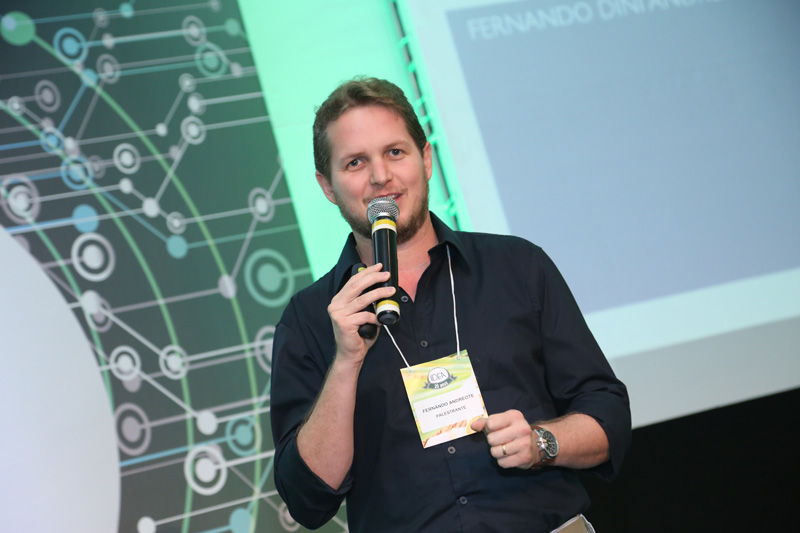
Day 4 - July 30
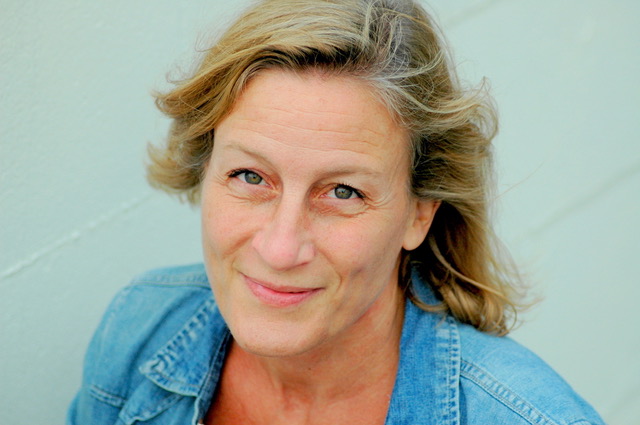
Nicole Dubilier
GERMANY
President of the International Society for Microbial Ecology - ISME. Zoologist, biochemist and microbiologist. She holds a doctorate in marine zoology from the University of Hamburg. Her postdoctoral work focused on chemosynthetic life forms in hydrothermal vents and the evolution of bacterial symbiosis in gutless worms. She is Director and Scientific Fellow of the Max Planck Institute for Marine Microbiology, and head of the Department of Symbiosis. The objective of her research is to show the importance of symbiosis to life and of biodiversity for the planet's oceans, especially in environments such as the deep sea, where nutrients are limited. Together with her research group, she focuses on using molecular, omics and image analysis to study the symbiosis between chemosynthetic bacteria and marine invertebrates in seagrasses, coastal sediments, and deep sea.
President of the International Society for Microbial Ecology - ISME. Zoologist, biochemist and microbiologist. She holds a doctorate in marine zoology from the University of Hamburg. Her postdoctoral work focused on chemosynthetic life forms in hydrothermal vents and the evolution of bacterial symbiosis in gutless worms. She is Director and Scientific Fellow of the Max Planck Institute for Marine Microbiology, and head of the Department of Symbiosis. The objective of her research is to show the importance of symbiosis to life and of biodiversity for the planet's oceans, especially in environments such as the deep sea, where nutrients are limited. Together with her research group, she focuses on using molecular, omics and image analysis to study the symbiosis between chemosynthetic bacteria and marine invertebrates in seagrasses, coastal sediments, and deep sea.
Cristina Dorador
CHILE
Biologist. Ph.D in Microbiology from Cristian-Albrechts Universität. Professor at the University of Antofagasta - Chile. Deputy Director of the Ph.D. program in applied sciences, mentioning coastal marine systems and the Laboratory of Microbial Complexity and Functional Ecology of the Center for Bioinnovation of the same University. Coordinator of the Extreme Environment Network in Chile. She is an expert in microbial ecology, with great interest in extremophilic communities, especially the salt flats of the Altiplano and the Atacama Desert in northern Chile. She is also interested in cosmetic biotechnology and science communication. She belongs to the network association of researchers in Chile that seeks to promote gender equality in research. She is currently an independent candidate for the 2021 conventional constituent elections in Chile.
